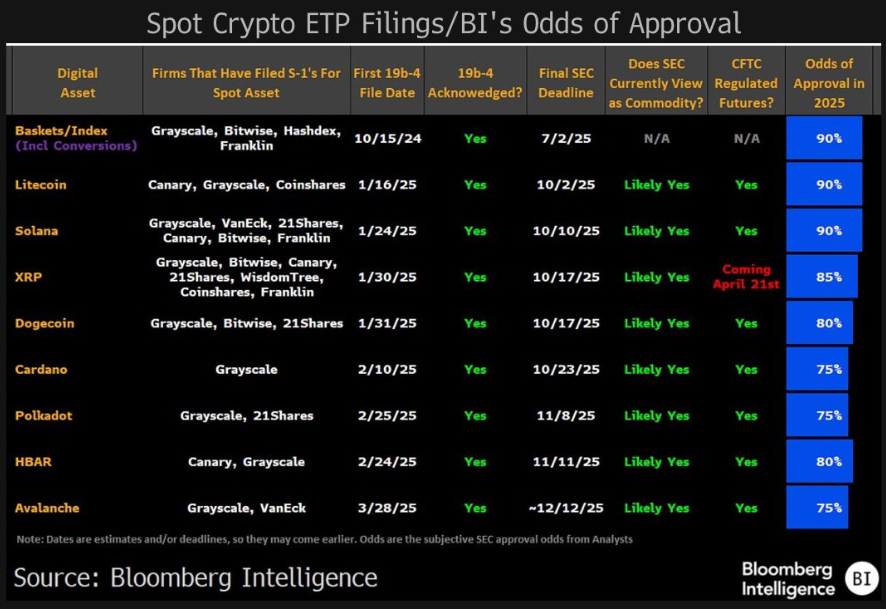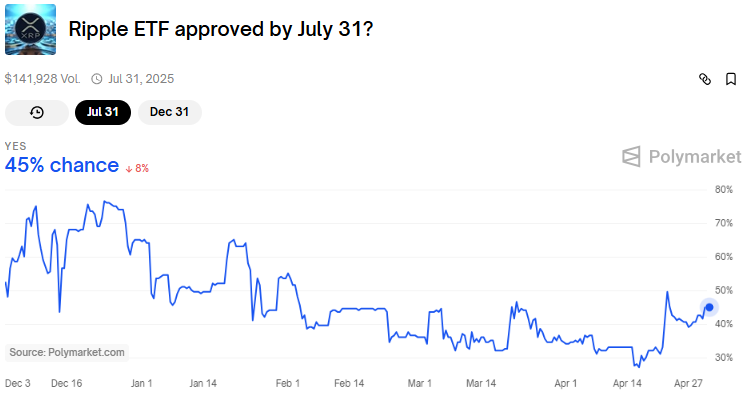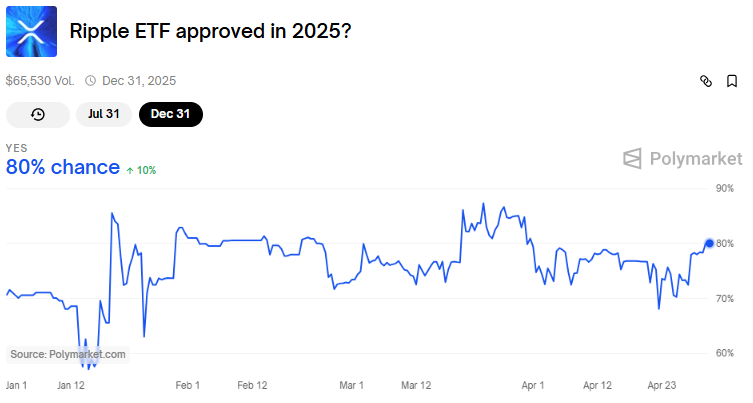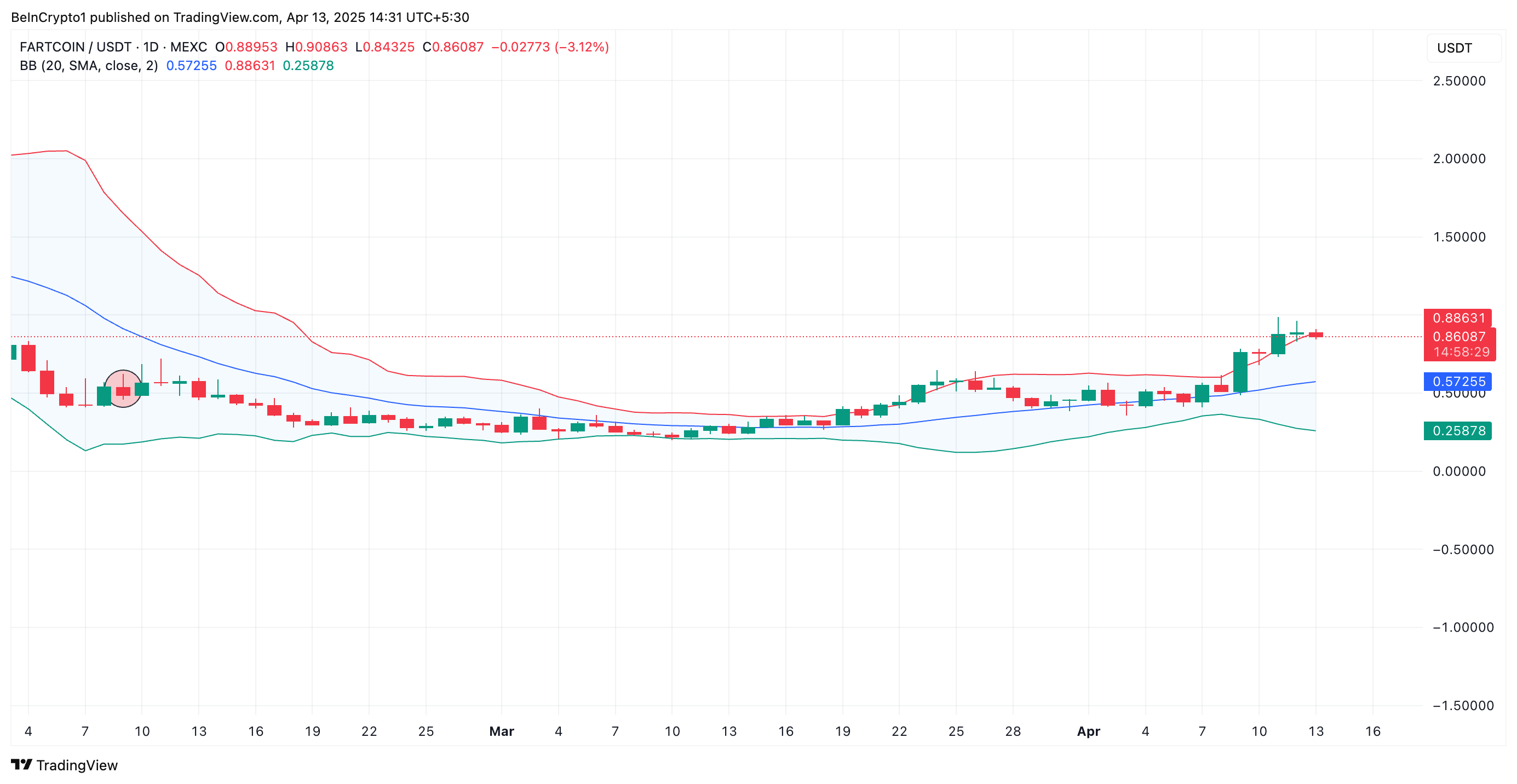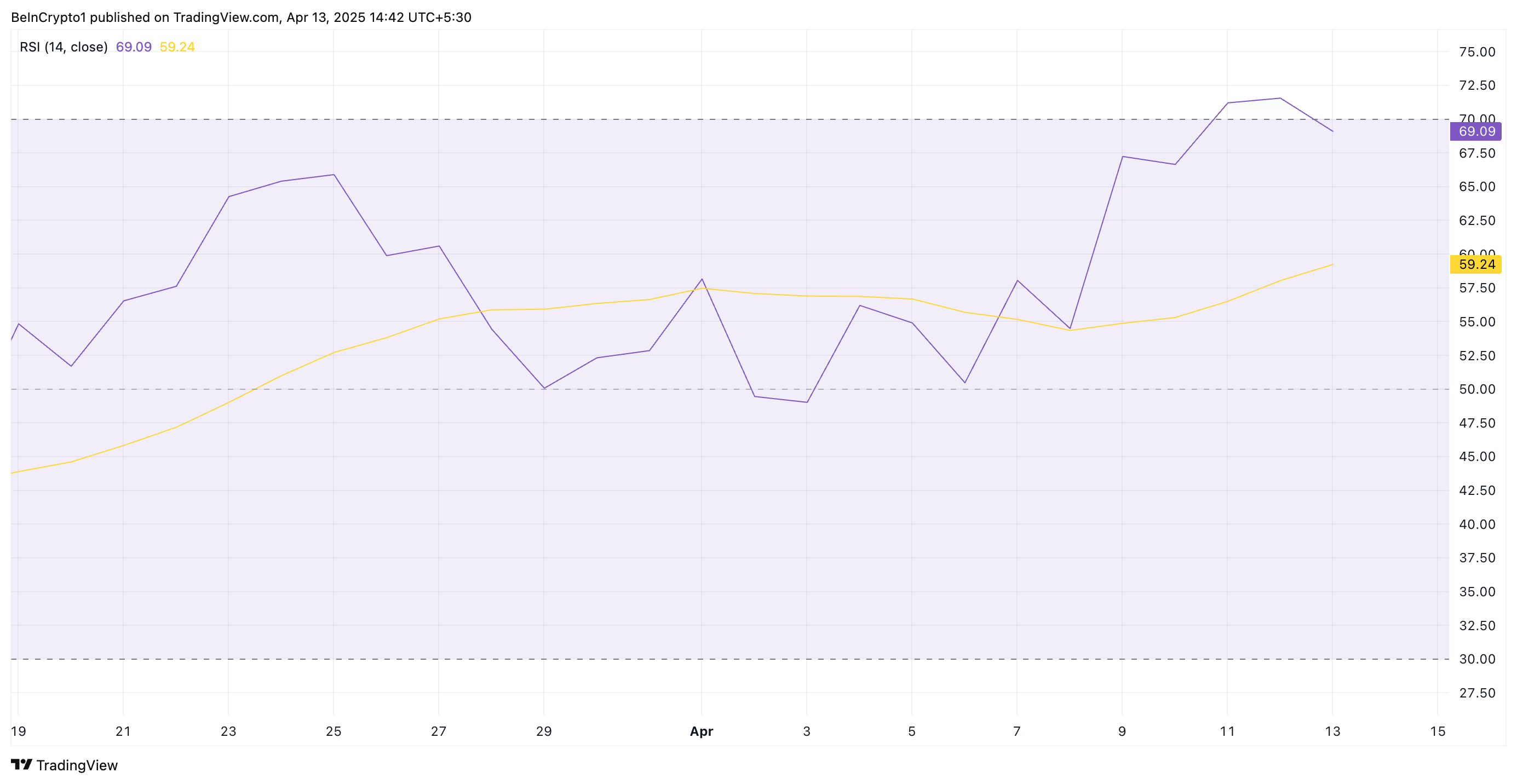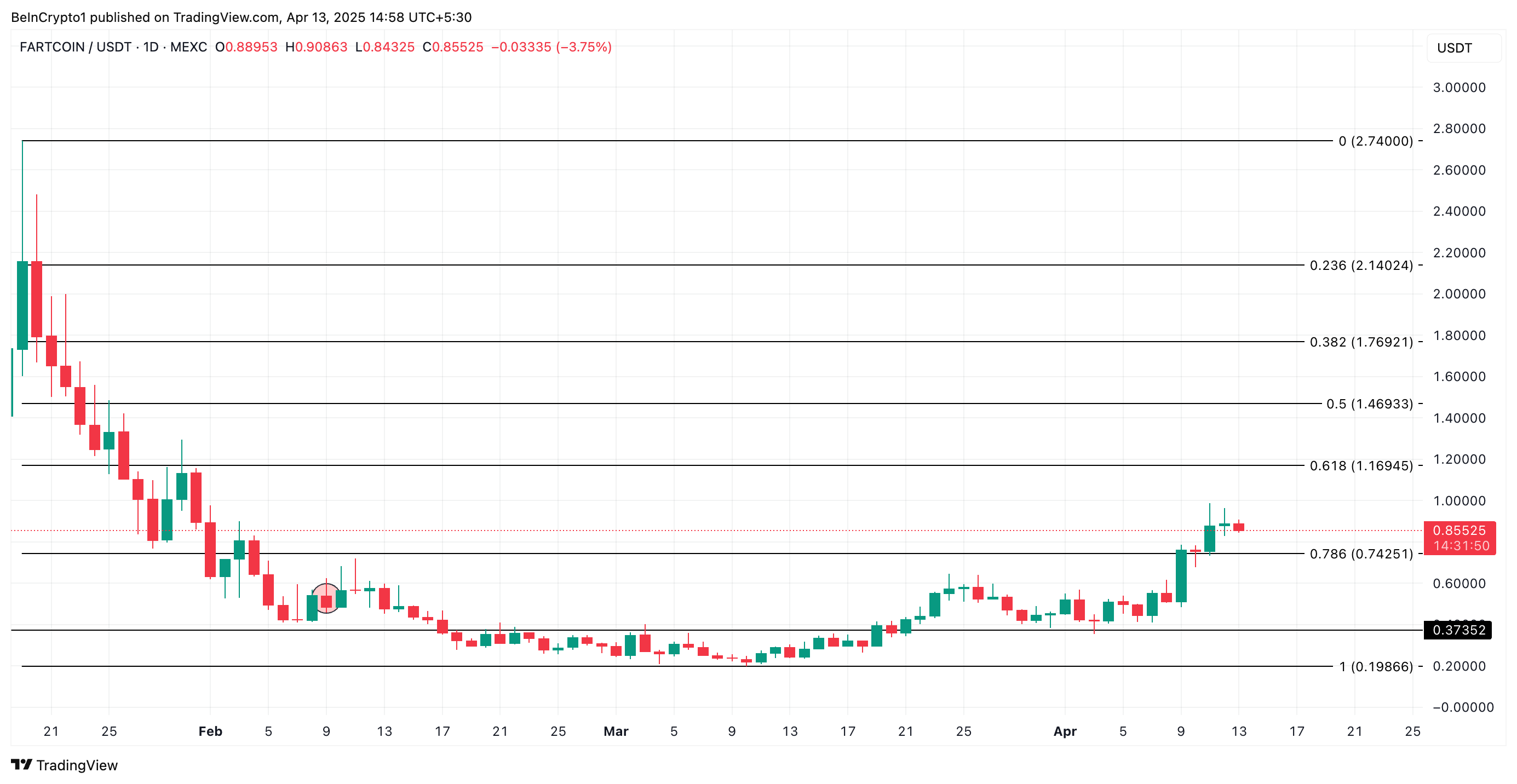In a dramatic turn of events, Changpeng Zhao (CZ), the founder and former CEO of Binance, has been permanently banned from managing the cryptocurrency exchange he built into a global powerhouse. While initial reports suggested a temporary three-year suspension, later revelations indicated that the ban is permanent, marking a significant moment in the tumultuous relationship between Binance and U.S. regulators.
Lifetime Ban And Legal Troubles
CZ’s legal challenges began when U.S. authorities charged him with multiple violations related to Binance’s operations. The charges, which include offering unregistered securities, market manipulation, and failing to implement sufficient anti-money laundering (AML) measures, have placed the once-celebrated crypto entrepreneur at the center of a regulatory storm.
Despite Binance’s status as one of the world’s largest cryptocurrency exchanges, the company has faced increasing scrutiny from global regulators, particularly in the U.S. In November, Zhao resigned as CEO as part of a settlement with the U.S. Department of Justice (DOJ). A key condition of this agreement was that CZ would be permanently banned from any involvement in Binance’s management or operations.
Richard Teng, who succeeded Zhao as Binance’s CEO, confirmed the lifetime ban, highlighting that it was a critical aspect of the DOJ settlement. “CZ will never return to a leadership role at Binance,” Teng stated, underscoring the gravity of the decision.
Influence Despite Exit
Although Zhao has stepped down from his executive role, he remains Binance’s largest majority shareholder. This position allows him to exert indirect influence over the company, including making management proposals or appointing new board members. Under the agreement, two external agents appointed by the DOJ will monitor Binance to ensure that CZ complies with the ban.
In a notable shift, Binance’s leadership structure has expanded since Zhao’s departure. The company now has a seven-member board of directors, compared to when CZ was the sole director. This move is part of Binance’s broader efforts to align itself with regulatory demands.
CZ has made it clear that he has no intention of returning to an executive role, either at Binance or any other company. Instead, he has expressed interest in focusing on investments in emerging sectors such as blockchain, artificial intelligence (AI), and biotechnology. Zhao sees these fields as areas of immense potential and plans to dedicate his time to exploring new opportunities.
In July, CZ began serving a prison sentence at the Federal Correctional Institution in Lompoc, California, related to the DOJ charges. Initially, prosecutors sought a three-year sentence, but Zhao received a shorter term. The defense had argued for probation, while sentencing guidelines recommended a 12 to 18-month prison term. In addition to his time behind bars, CZ agreed to pay a $50 million fine, a small figure relative to his estimated $33 billion net worth.
Path to Release
CZ’s release is scheduled for September 29, and authorities have transferred him to a rehabilitation center in Los Angeles, a standard procedure designed to help inmates reintegrate into society. His future post-Binance remains uncertain, but with his focus on investments in cutting-edge technologies, CZ’s impact on the tech world is far from over.
Also Read: Over 50 Million Indian Crypto Users Anticipate Impact Of Upcoming Regulatory Framework
The permanent ban marks a defining chapter in the life of one of the most influential figures in cryptocurrency, signaling a new era for Binance under fresh leadership. Whether Zhao’s ambitions in blockchain and AI will allow him to reshape industries once again remains to be seen.



